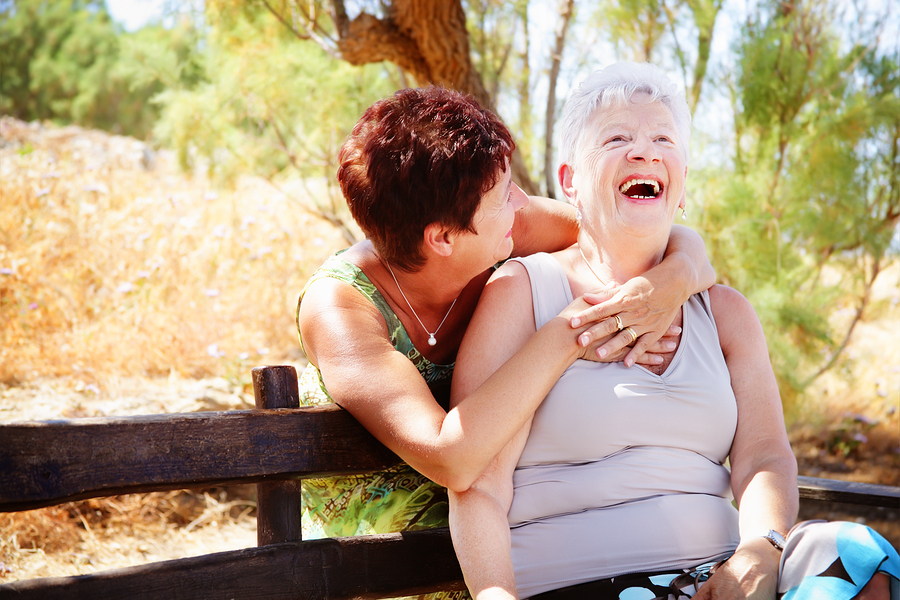It’s hard to recall a time when mental health was so much in the news. But what do older women think are the keys to their mental health?
Researchers at Melbourne’s Monash University set out to answer that by conducting in-depth phone interviews with 18 Baby Boomer women who answered an advertisement in a women’s health magazine.
This style of research doesn’t rely on big numbers. It goes deep rather than wide, and the number of interviews is determined by how many the researchers decide they need to exhaust the topic.
The women came from rural and urban locations around the country: they included a nun, a doctor and a refugee, so quite a diverse group. Four were born outside Australia.
When the interview material was analysed, five themes appeared to underpin good mental health: having support networks, feeling valued, engaging in physical activity, practising good nutrition, and having faith or belief.
Support networks
These could include partners, family, friends and communities. While the women wanted to feel independent and not a ‘burden’ on anyone, they emphasised the importance of friends they could rely on.
Feeling valued
This was often linked to a sense of making a meaningful contribution. Some felt their social value dropped when they left the workforce.
Feeling valued could come from the love and attention of family or being appreciated by friends. In daily life — for example, with health professionals — it meant being listened to, treated with respect and dignity, and taken seriously.
Physical activity
The range of activities these women participated in was broad, and included gardening, walking and hiking, swimming, group classes, dancing, running, cycling, yoga, horse riding and skiing.
Physical activity was beneficial in several ways. It gave some a feeling of taking responsibility for their health, it provided social contact, it was enjoyable in and of itself, and it was valuable in difficult times, helping to reduce anxiety or deal with grief.
For example, one woman said that when she’s sad, “I pick myself up and walk”. Another swam to manage her PTSD.
Good nutrition
Many of the women linked nutrition with mental health. Eating well was another way of taking care of themselves. This was mentioned especially by those who grew some of their own food and could pick it fresh from the garden.
Having faith or belief
This encompassed everything from organised religion to individual interpretations of spirituality and provided another source of support.
When asked what gave them pleasure and might help to maintain good mental health, the list was long. In addition to physical activities, it included volunteering, time with grandchildren, travel, singing, having coffee, and attending concerts, theatre and cinema.
The women also raised four issues they believed had a negative effect on mental health. These were illness and disability, financial insecurity, maltreatment, and loss and grief.
Illness and disability
They pointed out that illness and disability could limit one’s capacity to do things that improve mental health. For example, being unable to participate in a physical activity could mean a loss of not only enjoyment of that activity, but also social connection and a way to deal with stress.
A loss of mobility could also result in a loss of independence.
Financial insecurity
Money was a common concern. While women typically outlive men, they often have less to live on, which limits what they can do with their lives.
One woman made a comment that many others would identify with. She said, “I see my whole life as a homelessness prevention strategy”.
Maltreatment
This included family violence, financial abuse, elder abuse, bullying at work and becoming a refugee.
Loss and grief
A diversity of losses was mentioned, from those associated with illness and disability, separation and divorce, and retirement, to the death of loved ones, and the loss of country and community.
Despite these negative issues, most of the interviewees thought women were more resilient than men, and better at dealing with the challenges of ageing.
The value of their two lists is that they provide us with a starting point for making our own, and getting clear on what we need to stay mentally healthy. Knowing what sustains us in this way is an investment in our capacity to weather difficult times.

